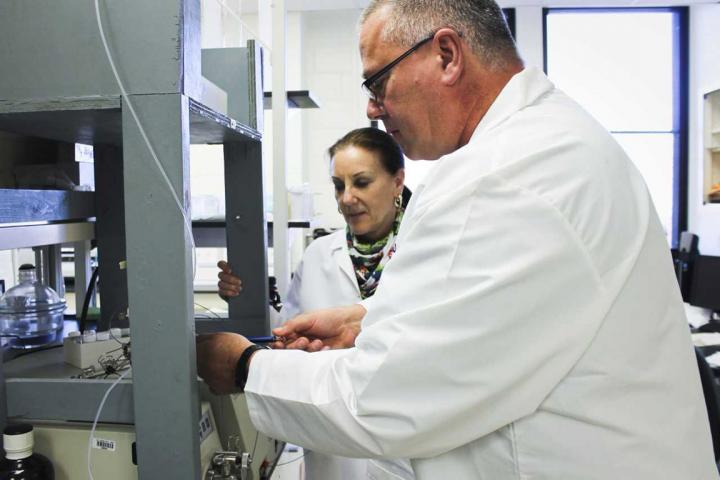HIV replicates inside infection-fighting human immune cells called CD4+ T cells through complex processes that include inserting its genes into cellular DNA. The scientists discovered that during this integration step, a cellular enzyme called DNA-dependent protein kinase (DNA-PK) becomes activated. DNA-PK normally coordinates the repair of simultaneous breaks in both strands of molecules that comprise DNA. As HIV integrates its genes into cellular DNA, single-stranded breaks occur where viral and cellular DNA meet. Nevertheless, the scientists discovered, the DNA breaks during HIV integration surprisingly activate DNA-PK, which then performs an unusually destructive role: eliciting a signal that causes the CD4+ T cell to die. The cells that succumb to this death signal are the very ones mobilized to fight the infection.
According to the scientists, these new findings suggest that treating HIV-infected individuals with drugs that block early steps of viral replication — up to and including activation of DNA-PK and integration — not only can prevent viral replication, but also may improve CD4+ T cell survival and immune function. The findings also may shed light on how reservoirs of resting HIV-infected cells develop and may aid efforts to eliminate these sites of persistent infection.
Story Source:
The above story is reprinted from materials provided by NIH/National Institute of Allergy and Infectious Diseases.





